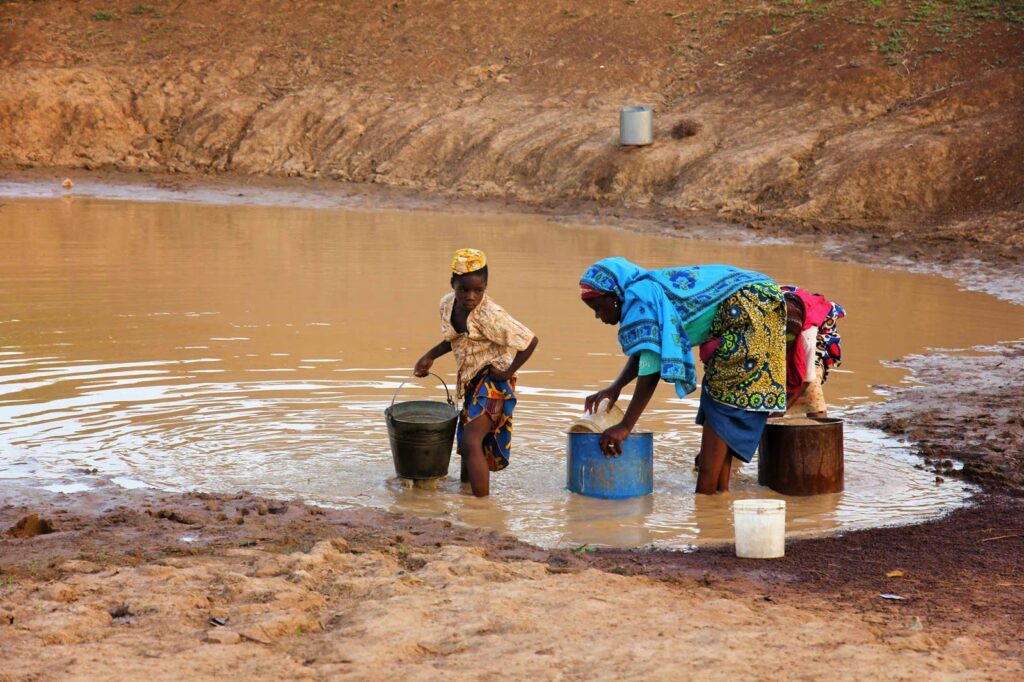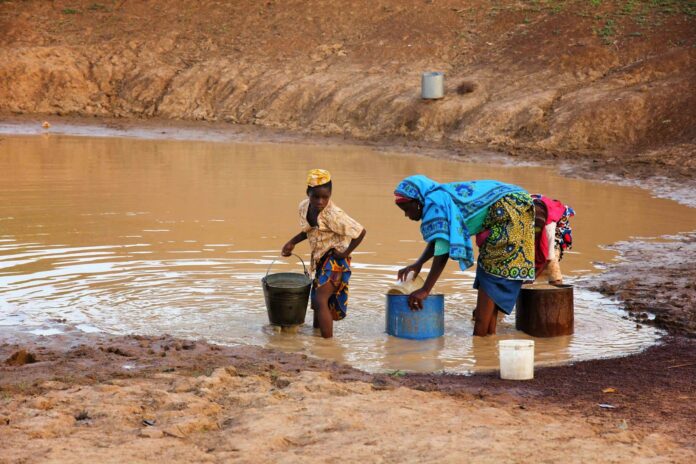Water is essential for life, yet billions of people around the world face water scarcity. According to the United Nations, nearly 2 billion people lack access to clean and safe drinking water. As population growth, climate change, and industrial activities strain water resources, the global water crisis is becoming one of the most pressing challenges of our time.
The Scope of the Water Crisis
Water scarcity is not limited to arid regions. Urban areas in developed countries, such as Cape Town’s “Day Zero” crisis in South Africa, have also experienced severe water shortages. Globally, agriculture accounts for approximately 70% of freshwater usage, but inefficient irrigation and wastage exacerbate the problem.
Climate change is a significant driver of the water crisis. Rising temperatures lead to prolonged droughts in some areas and unpredictable rainfall in others, reducing the availability of fresh water. Melting glaciers, which supply freshwater to millions, are another worrying consequence of global warming.
The Human Cost of Water Scarcity

The water crisis has far-reaching impacts on health, education, and economic productivity. Contaminated water sources cause diseases like cholera and diarrhea, which claim thousands of lives each year, particularly among children in developing countries.
Women and children often bear the burden of fetching water, spending hours every day walking long distances. This responsibility not only affects their health but also limits educational and economic opportunities.
Solutions to Address the Crisis
Addressing the global water crisis requires coordinated efforts across multiple sectors:
- Improving Water Infrastructure:
Investing in modern infrastructure can reduce water wastage. Leak detection systems, efficient pipelines, and advanced purification technologies ensure that more people have access to clean water. - Promoting Sustainable Agriculture:
Shifting to water-efficient irrigation methods, such as drip irrigation, and cultivating drought-resistant crops can significantly reduce the agricultural sector’s water footprint. - Water Recycling and Desalination:
Countries like Israel have successfully implemented large-scale water recycling programs. Desalination plants, which convert seawater into drinking water, are also proving to be effective, though they require substantial energy resources. - Community-Based Solutions:
Empowering local communities to manage their water resources can lead to sustainable outcomes. Programs that educate communities on rainwater harvesting and conservation methods are already making a difference in water-scarce regions.
The Role of International Cooperation
The global nature of the water crisis demands collaboration between countries and international organizations. Initiatives like the UN’s “Water Action Decade” aim to mobilize resources and expertise to address water scarcity. Partnerships between governments, NGOs, and the private sector are critical for financing and implementing water conservation projects.
The Road Ahead
While the challenges are daunting, the solutions are within reach. Addressing the water crisis is not just about ensuring access to water; it’s about securing the future of humanity and the planet. As individuals, reducing water wastage in daily life can contribute to the solution. At a larger scale, governments and organizations must act decisively to safeguard this precious resource.
By prioritizing innovation, education, and cooperation, the world can overcome the water crisis and build a sustainable future for generations to come.


